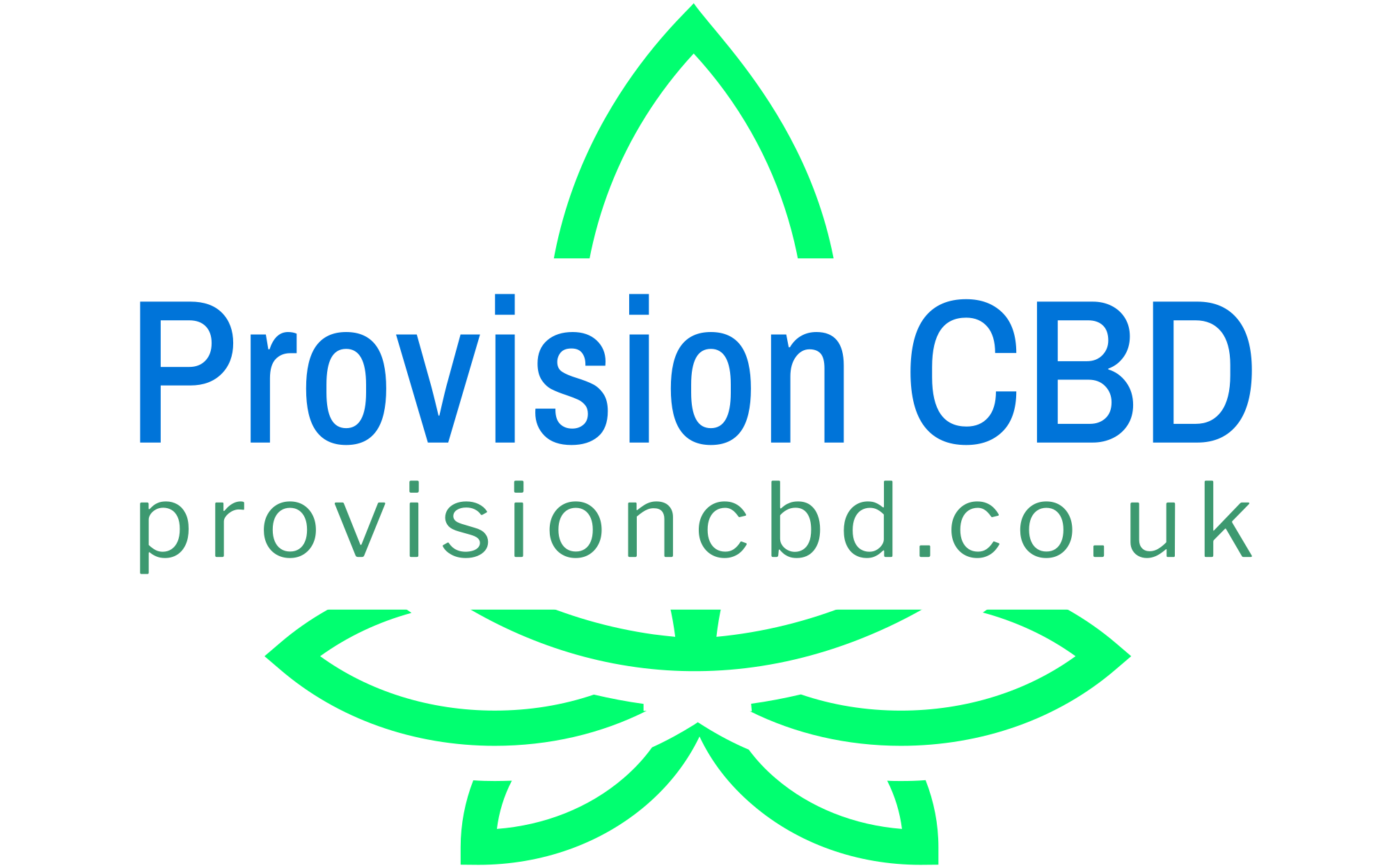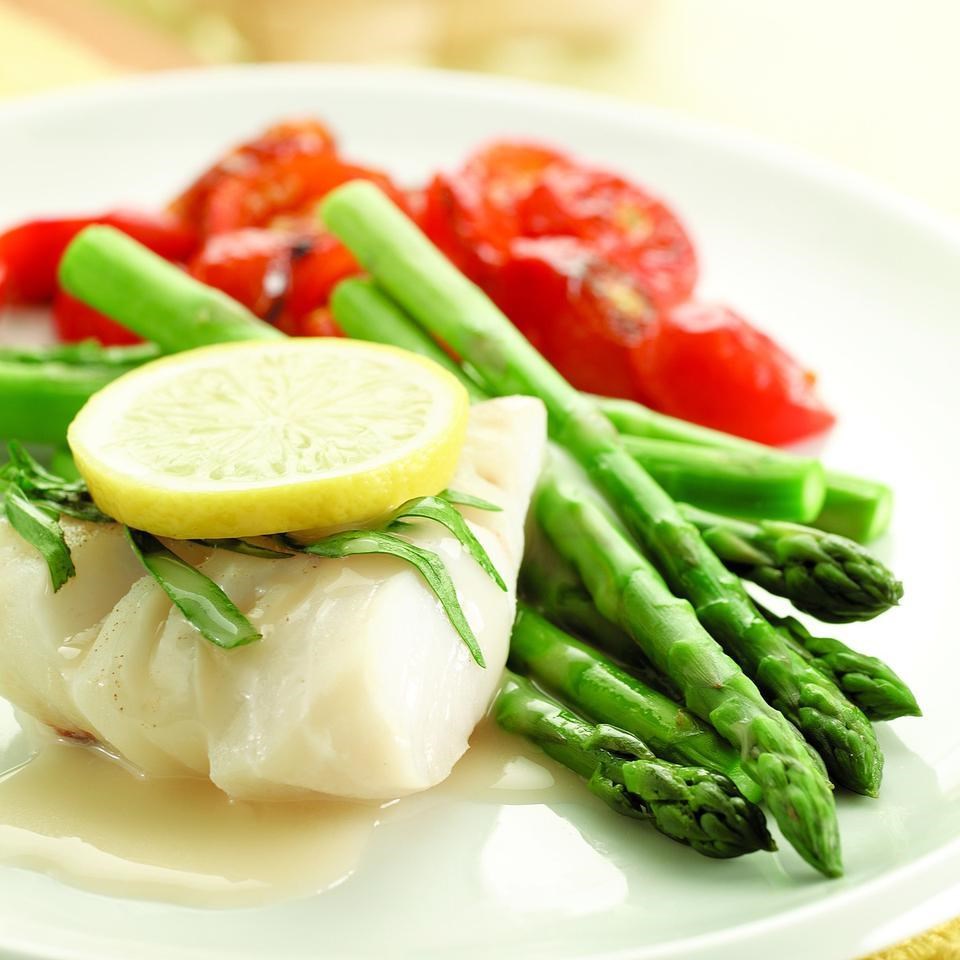Cod is a popular fish species that is widely consumed around the world. It is known for its mild flavor, delicate texture, and versatility in cooking. If you’re wondering whether cod is a healthy choice for your diet, this comprehensive guide will provide you with all the information you need. We will explore the nutritional profile of cod, its calorie content, the health benefits it offers, and more.
Nutritional Profile of Cod:
Cod is a nutrient-dense fish that provides a range of essential nutrients. It is a rich source of high-quality protein, which is important for muscle growth, repair, and overall health. A 100-gram serving of cooked cod contains approximately 85 calories, 0.3 grams of fat, and 18 grams of protein. It is also low in carbohydrates, making it suitable for low-carb or ketogenic diets.
Cod is an excellent source of several vitamins and minerals. It is particularly high in vitamin B12, which is important for the production of red blood cells and the proper functioning of the nervous system. Additionally, cod is a good source of vitamin B6, niacin, and phosphorus. It also contains smaller amounts of other vitamins such as vitamin A, vitamin D, and vitamin E.
Omega-3 Fatty Acids in Cod:
One of the key nutritional benefits of cod is its omega-3 fatty acid content. Omega-3 fatty acids are a type of polyunsaturated fat that are known for their heart-healthy properties. They have been shown to reduce inflammation, lower blood triglyceride levels, and improve overall cardiovascular health.
Cod is a good source of two omega-3 fatty acids, namely eicosapentaenoic acid (EPA) and docosahexaenoic acid (DHA). These fatty acids are essential for brain health, reducing the risk of heart disease, and supporting eye health. Including cod in your diet can help you meet your omega-3 fatty acid needs and promote overall well-being.
Low-Calorie Option:
If you’re looking to maintain or lose weight, cod can be a great addition to your diet. With only 85 calories per 100-gram serving, cod is a low-calorie food choice. It is an ideal protein source for individuals who are watching their calorie intake but still want to meet their nutritional needs. By incorporating cod into your meals, you can enjoy a satisfying and nutritious option without exceeding your calorie goals.
Lean Source of Protein:
Protein is an essential nutrient that plays a crucial role in building and repairing tissues, producing enzymes and hormones, and supporting a healthy immune system. Cod is a lean source of protein, meaning it contains a high proportion of protein with relatively low amounts of fat. This makes it an excellent choice for individuals who want to increase their protein intake without consuming excessive amounts of saturated fat.
Health Benefits of Cod:
- Heart Health: The omega-3 fatty acids in cod can help reduce the risk of heart disease by lowering blood pressure, reducing triglyceride levels, and preventing the formation of blood clots.
- Brain Health: The omega-3 fatty acids DHA and EPA found in cod are crucial for brain development and function. Including cod in your diet may help improve cognitive function and protect against age-related cognitive decline.
- Eye Health: Cod is a good source of vitamin A, which is essential for maintaining healthy vision. Adequate intake of vitamin A can help prevent night blindness and support overall eye health.
- Bone Health: Cod is a natural source of vitamin D, which is important for calcium absorption and bone health. Vitamin D deficiency has been linked to an increased risk of osteoporosis and bone fractures.
- Weight Management: As mentioned earlier, cod is a low-calorie and high-protein food. Including cod in your diet can help you feel fuller for longer, thereby aiding in weight management and reducing the risk of overeating.
Incorporating Cod into Your Diet:
There are numerous delicious ways to incorporate cod into your diet:
- Baked or Grilled: Marinate cod fillets with herbs, spices, and a squeeze of lemon juice. Bake or grill them for a healthy and flavorful main course.
- Fish Tacos: Use grilled or baked cod as a filling for fish tacos. Top with fresh vegetables, salsa, and a drizzle of yogurt or a light dressing.
- Cod Chowder: Create a hearty and nutritious cod chowder by combining cod fillets with vegetables, broth, and herbs. Serve with whole grain bread for a complete meal.
- Cod Salad: Flake cooked cod and mix it with a variety of vegetables, such as cucumbers, cherry tomatoes, and avocado. Toss with a light vinaigrette for a refreshing and protein-packed salad.
- Fish Cakes: Make cod fish cakes by combining cooked and flaked cod with mashed potatoes, herbs, and spices. Shape into patties and pan-fry them until golden brown.
Conclusion:
Cod is a healthy and nutritious fish option that offers a range of health benefits. With its low calorie and fat content, high protein content, and abundance of omega-3 fatty acids, cod is a great addition to a balanced diet. Including cod in your meals can promote heart health, brain health, and bone health, while also supporting weight management goals. So go ahead and explore the culinary possibilities with cod to enjoy its delicious taste and reap its nutritional benefits.
- Top CBD Creams Reviewed A Comprehensive Guide By Krush Organics - September 16, 2024
- CBD Capsules By Just CBD-Encapsulating Wellness: My Journey with Just CBD’s CBD Capsules - March 16, 2024
- Kombucha SCOBY: What It Is and How to Make One - July 14, 2023





